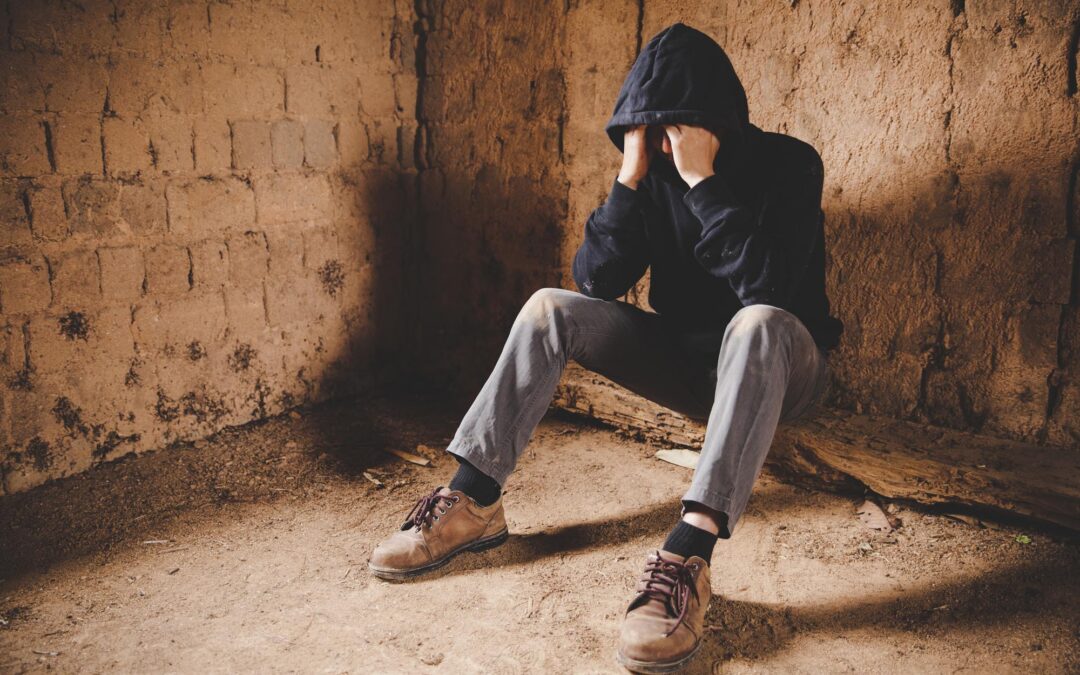Teenage years are full of change—physical, emotional, and social. It’s a pivotal time of exploration and figuring out one’s identity. Unfortunately, it can also be when teens are exposed to drugs and alcohol and are at heightened risk of developing substance abuse problems. As a parent, understanding the realities of teen addiction is crucial for providing support and potentially saving your child’s life. In this article, we’ll delve into the signs of teenage addiction, ways to prevent it, and resources for finding professional help.
Signs of Teenage Addiction
Teenagers sometimes masterfully hide their struggles, so recognizing the signs of addiction isn’t always straightforward. Here are critical changes in behavior, appearance, and mood to be vigilant for:
- Behavioral Changes:
- Losing interest in hobbies and activities they once enjoyed.
- Declining academic performance and skipping school.
- Changes in friend groups, particularly associating with peers known for drug use.
- Secretive behavior or lying about their whereabouts
- Stealing or requesting money without clear explanations.
- Legal troubles.
- Physical Signs:
- Bloodshot eyes, dilated or constricted pupils.
- Weight loss or gain.
- Changes in sleeping patterns.
- Lack of motivation or energy.
- Poor hygiene.
- Slurred speech.
- Mood and Psychological Signs:
- Increased irritability, anger, or aggression.
- Sudden mood swings.
- Anxiety or depression.
- Lack of interest in things they usually enjoy.
- Apathy and loss of motivation.
Why are Teenagers Susceptible to Addiction?
Understanding the factors contributing to teenage addiction makes prevention and early intervention more effective.
- Developing Brain: Teen brains are still under construction, making them more impulsive, prone to risk-taking, and less able to gauge the long-term consequences of actions.
- Curiosity and Peer Pressure: Friends heavily influence teens. They may experiment with drugs or alcohol to fit in or seem ‘cool.’
- Coping with Stress and Trauma: Teens may turn to substances to cope with pressure, anxiety, or difficult life events.
- Mental Health Disorders: Underlying mental health issues like depression or ADHD can increase the risk of substance abuse.
- Genetics: A family history of addiction heightens a teen’s vulnerability to developing substance abuse problems.
Strategies for Preventing Teenage Addiction
Prevention is always better than cure. Here’s how to help reduce your teen’s risk of addiction:
- Open Communication: Talk honestly and regularly about drugs and alcohol. Discuss risks and consequences, but be non-judgmental and approachable. Make sure your teen knows they can always come to you with questions or concerns.
- Set Clear Rules and Expectations: Establish your stance on substance use and enforce consistent consequences for violations.
- Boost Your Teen’s Self-Esteem: Support their passions and help them build confidence. Teens with healthy self-esteem are less vulnerable to harmful peer pressure.
- Model Healthy Behavior: Practice what you preach. Be mindful of your own relationship with alcohol or prescription medications.
- Know Their Friends: Take an interest in who your teen spends time with and build relationships with their friends’ parents when appropriate.
Getting Help for Teenage Addiction
If you suspect your teen has a substance abuse problem, immediate action is crucial. Don’t wait, hoping it’s a phase – addiction often worsens without treatment.
- Professional Assessment: Contact a doctor or addiction specialist for a confidential evaluation. They’ll identify the problem’s severity and recommend treatment.
- Treatment Options:
- Therapy: Individual, family, and group therapy help address underlying issues driving addiction.
- Outpatient Programs: Resolute Recovery offers various outpatient programs providing therapy, support services, and life skills training.
- Intensive Outpatient Programs (IOP): These offer more structured, frequent therapy sessions while allowing teens to live at home.
- Residential Treatment: In severe cases, inpatient treatment provides round-the-clock care in a supervised setting.
Resources for Finding Help
- Resolute Recovery: Visit our website (https://resoluterecovery.com/) or contact us to learn about our specialized teen addiction treatment programs.
- SAMHSA’s National Helpline: Call 1-800-662-HELP (4357) for confidential, free referrals to treatment facilities, support groups, and community-based organizations. You can also visit their website (https://www.samhsa.gov/find-help/national-helpline).
- Partnership for Drug-Free Kids: Offers extensive resources, a helpline, and support for parents of teens struggling with addiction (https://drugfree.org/).
Supporting Your Teen’s Recovery
The journey to recovery isn’t easy. Your ongoing support and understanding are vital to your teen’s success. Here’s how to help:
- Educate Yourself: Learn about addiction and recovery. Understand it’s an illness, not a moral failing.
- Practice Patience and Compassion: Relapse can be part of recovery. Avoid harsh judgment, focus on progress, and celebrate milestones.
- Focus on Overall Wellness: Encourage healthy eating, sleep habits, exercise, and stress management techniques.
- Find a Support Group: Talking to other parents facing similar challenges provides emotional support and valuable insights.
- Take Care of Yourself: You can’t help your child if you aren’t well. Seek therapy or join a support group for parents if needed.
Teenage addiction is a complex issue, but it’s not a hopeless one. By recognizing the signs, focusing on prevention, and seeking help early if needed, you can drastically improve your teen’s chances of leading a happy and substance-free life. Remember, recovery is possible, and with the right support, your teen can overcome this challenge.
Important Note If your teen is exhibiting any signs of substance abuse, don’t hesitate to seek help. The compassionate professionals at Resolute Recovery (https://resoluterecovery.com/) are here to guide you and your teen on the path towards healing and wellness.





